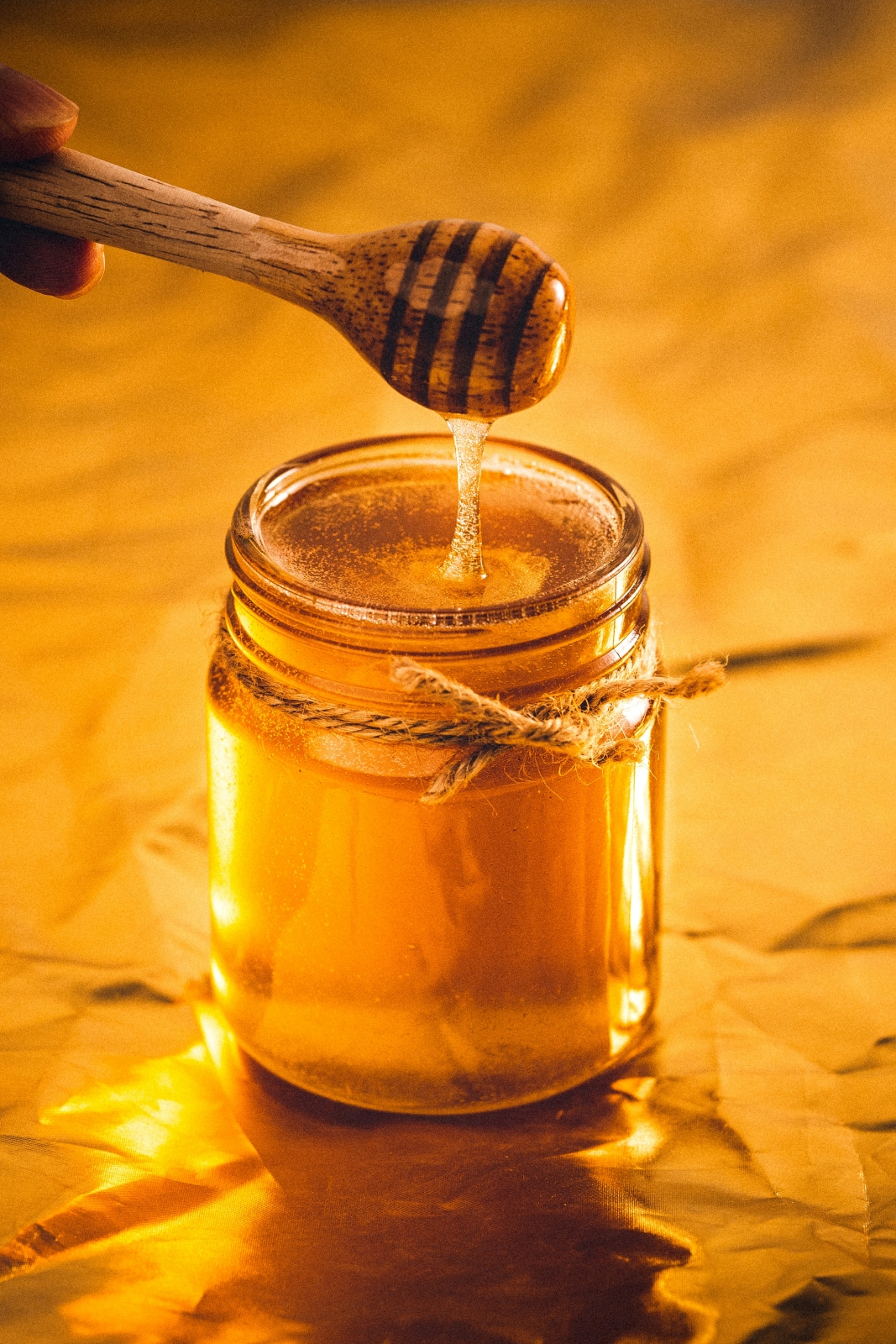
How to Raise Bees and Harvest Their Honey
By: Plain Direct
May 8th 2024, 12:00:00 am
Bees are an important part of our ecosystem. They are pollinators for your vegetable gardens and flower beds, produce honey for consumption, and are actually food for wildlife, like birds. Because of this, beekeeping is a rewarding hobby for some homesteaders. But it’s not for everyone. Keep reading to learn more.
Getting Started with Beekeeping
Beekeeping is not a simple hobby that you can pick up now and then for a few hours. It’s a serious commitment and you should do your research before getting started. Start by checking your local regulations and zoning laws. Your municipality might have rules against raising animals on your property or even regulations or licenses specific to beekeeping. Contact your local zoning officer to find out.
Once you know the legality of starting a honey bee farm, you need to learn how to be a beekeeper. Reading resources, like Beekeeping for Dummies, is a good starting point. You can take it one step further and enroll in a beekeeping class at a local college or technical school. Lastly, you can find a local beekeeper in your area and learn from them.
Setting Up Your Beehive
The first step to setting up your beehive is picking the right location. They can do well in just about any location, but some areas are better than others. You should avoid areas with high wind and flooding issues while ensuring they receive adequate sunlight and have level ground to set their hives. Next, you’ll have to choose the type of beehive you’ll use. There are 3 types of beehives that are best suited for at-home beekeeping: Langstroth Hive, Top Bar Hive, or Warré Hive. Finally, you’ll need to buy all of the equipment needed to start beekeeping, including a beekeeping suit, smoker, hive tool, and frame grips. Now you’re ready to buy your honey bees!
Acquiring Honey Bees
There are two ways to buy honey bees, as a package or nucleus hive. Package bees are purchased from a local beekeeper supply or association and contain a queen bee, several workers, and some sugar syrup to feed them. A nucleus hive is purchased from another beekeeper as a half-sized bee colony with a queen, workers, brood, and their already-formed honeycomb. A nucleus hive will get you a full hive faster than package bees but they run more risk of spreading disease from its original home. You should check with a local beekeeping organization to find healthy bees for your hives.

Managing Your Beehive and Harvesting Honey
As your hive grows, you should regularly check your hive for signs of predators, growth in the honeycomb, and eggs around the queen. If anything looks off, you should address the issue immediately. Be mindful of how colonies change throughout the seasons. They’ll naturally become less active in the winter and very active in the spring.
The most rewarding part of raising your own bees is harvesting the honey! During your first year, you likely won’t be able to harvest anything. In the second year, you’ll be ready to harvest. Bees do use honey as their food source over the winter, so don’t harvest too much. You can harvest about 4 gallons of honey every year per colony while leaving enough for the winter. Use your harvesting tools and smoker to slowly remove the honeycomb, attached to honey supers, from the hive without agitating the bees. Next, you’ll need to use a hot knife to cut the wax cuppings off of the comb and drain the liquid honey from the comb. Then, you have a choice to either keep the comb intact to allow the bees to rebuild quickly or harvest the beeswax for candles or other homesteading products, like soap. Lastly, you’ll place the honey super the honeycomb was attached to back into the hive.
Get Started with Beekeeping Today
Ready to get started with at-home beekeeping? After you do your research on local laws and set up your beehive, you’ll need to buy some bees. Check out Plain Direct’s animal listings for honey bees in your area. Plain Direct is a marketplace for local homesteaders, like yourself, to connect and trade goods. Register your account today!
Share:
Tags:
No tags yet.